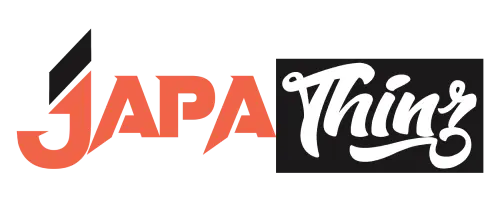The Ministry of Education and its branches in each of the ten regions of the country handle the majority of the country’s educational needs. The educational system in Guyana, which is a holdover from its era as British Guiana, is comparable to that of the other member states of the Caribbean Community that are anglophone and belong to the Caribbean Examinations Council (CXC). School curricula, funding, standards and other policies are decided by the federal government and executed by the Ministry of Education and affiliated organisations.
The country’s ten districts, or national administrative and geographical regions, make up the eleven districts that make up the Education System. District 11, which includes Georgetown as its capital, is treated separately from the other districts. Having 8.3% of its GDP spent on Education. Guyana ranks with Cuba, Iceland, Denmark and Botswana as among the handful countries with top funding on education.
The educational system in Guyana has changed significantly during the past 20 years in response to the new socio-cultural, political, and economic demands of the community. These have made changes to Guyana’s educational philosophy and policy necessary. Previously, there was a lot of emphasis on increasing access, first by making primary school universally required and subsequently by offering at least three more years of secondary education.
More focus has been placed on quality in more recent times. It is crucial to keep concentrating on enhancing basic literacy and numeracy skills in order to give students a solid foundation. This is consistent with the acknowledgement of the education sector’s role in the nation’s material growth in the form of qualified and educated human resources as well as the encouragement of justice, harmony, and respect between residents of different racial, socioeconomic, and gender identities.
Guyana Ministry of Education
The Ministry of Education (MOE) is committed to providing the best chance for all Guyanans, irrespective of their age, race, gender, creed, physical or mental handicap, or socioeconomic situation, to realise their full potential. This is being accomplished through providing all students with equal access to high-quality education, as defined by the Ministry’s standards and guidelines. This declaration clearly states that everyone will have equal access to high-quality education without any obstacles.
Furthermore, while it is true that children should be the primary target of educational endeavours, the Ministry must pledge to implement a policy that offers possibilities for adult population training and continuing education due to the fast evolving economic landscape and technological advancements.

The Ministry is dedicated to provide free and compulsory education from pre-primary to secondary levels, even though private schools will be encouraged to exist. Additionally, the Ministry is still dedicated to fortifying its relationships with all relevant parties, especially communities, parents/guardians, and teachers’ associations.
The creation of the Strategic Plan was predicated on a collaborative methodology that engaged all relevant parties, including development partners, in a sequence of dialogues aimed at delineating the obstacles and difficulties facing education and devising a course of action. The resulting plan of action is the fourth in a sequence of educational initiatives created in the past 20 years. It stands for the key initiatives and plans that Guyana must follow in order to fulfil its goals for national development and to become competitive in the global economy.
This document elucidates the vision and mission of the Ministry of Education and gives philosophical justifications for the fundamental principles and the mandate. It highlights and clarifies the main problems and obstacles to the advancement of education.






